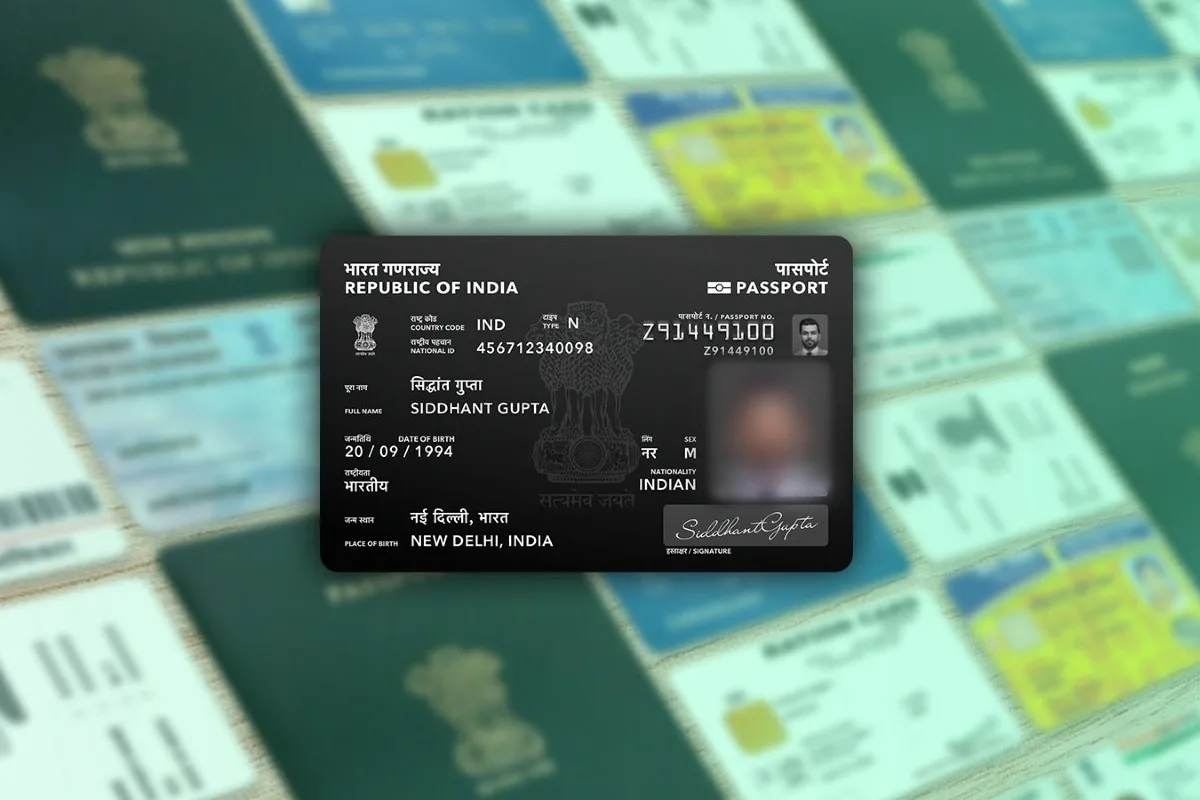HAVE YOU EVER WONDERED WHAT HAPPENS TO THE SOCIAL MEDIA ACCOUNT THAT YOU SO DEARLY LOVE AND SPEND MOST OF YOUR TIME ON WHEN YOU DIE? DOES THE THOUGHT OF ALL YOUR CONFIDENTIAL CONVERSATIONS BEING HANDED DOWN TO YOUR FAMILY CROSS YOUR MIND? THAT THOUGHT IS SCARIER THAN DEATH ITSELF. WELL HERE’S AN EXPLANATION TO WHAT HAPPENS TO YOUR ACCOUNT.
The first step taken by Facebook is that they stop sending birthday reminders after they have confirmed that person has passed away to make it easier for surviving family members reach out to them.
However, they often face dilemma when they cannot decide on what action to take based on different opinions of family members of the deceased for example, what should they do with an account of a deceased young woman, for instance, when one of her parents wants to delete the account but the other wants to preserve it as a memorial for friends and family? How do they know what the daughter would have wanted? And what should they do if they want to see the private messages between the daughter and her friends – friends who are still alive and don’t want their messages to become public?
Solutions to all the above questions haven’t been found yet however, Laws may provide clarity, but often they do not. In many countries, the legal framework for transferring assets to surviving family members does not account for digital assets like social media or email accounts. They, however, try to make the situation easier for all.
Since it is nearly impossible to know what the dead person would’ve wanted Facebook tries to leave the account exactly as that person left it. They add “Remembering” above the name on person’s profile when they learn they have passed away to make clear that the account is now a memorial site, and to stop any new attempts to log into the account. Once the account has been memorialized, anything on the profile remains on Facebook and is visible to the people who could already see it before the profile was memorialized. They don’t remove or change anything. This way they respect the choices someone made while they were alive.
In some cases, the deceased wouldn’t have wanted their account to memorialized thus they are given an option to let Facebook know what they want to do with their accounts. The accounts are deleted if the next kin informs that the deceased would have preferred that the account should’ve been deleted instant of memorializing it.
Other people might want a friend or family member to be able to manage their profile as a memorial site after their death. For that in 2015, Facebook created the option for people to choose a legacy contact. A legacy contract is a family member or friend who can manage certain features on your account if you pass away, such as changing your profile picture, accepting friend requests or adding a pinned post to the top of your profile. They can also elect to delete your account. You can give your legacy contact permission to download an archive of the photos, posts and profile information you shared on Facebook, but they won’t be able to log in as you or see your private messages.
Even where the laws are clear and the intent of the deceased person is clear, they sometimes have other interests to consider. For instance, if a father loses a teenaged son to suicide, the father might want to read the private messages of his son to understand what was happening in his son’s life. Had he been struggling in his university classes? Was he having problems with his boyfriend? As natural as it might seem to provide those messages to the father, they also have to consider that the people who exchanged messages with the son likely expected those messages would remain private.
Although cases like this are heartbreaking, Facebook generally can’t turn over private messages on Facebook without affecting other people’s privacy. In a private conversation between two people, they assume that both people intended the messages to remain private. And even where it feels right to turn over private messages to family members, laws may prevent them from doing so. The Electronic Communications Privacy Act and Stored Communications Act, for instance, prevent Facebook from relying upon family’s consent to disclose the contents of a person’s communications.
So now that you know what happens to your account once you cross the rainbow, what would you prefer was done with your account? Let us know in the comment section.
SOURCE: FACEBOOK














